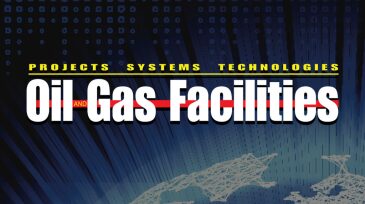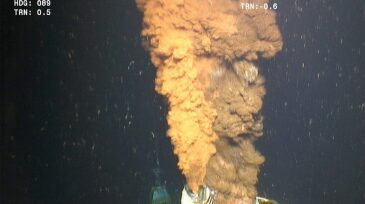-
An advisor at Schlumberger discusses the company’s work in examining the effect of perforations on hydraulic fracture initiation.
-
Short-cycle projects allow owners and operators to stay financially stable while preserving the production infrastructure and capacities needed to expand quickly when oil prices improve.
-
A NIOSH hygienist examines emerging chemical exposure risks workers faced during drilling, completions, and servicing operations.
-
A senior process engineer from TechnipFMC discusses the ways in which inadequate design and sizing methodologies can lead to poor scrubber performance.
-
At the 2017 SPE Oilfield Chemistry Conference, an assistant professor from Heriot-Watt University discusses the optimization of squeeze treatments delivered by diving support vessels.
-
A look at the challenges in creating a foamer with corrosion and scale inhibition properties for application in wet-gas production.
-
A closer look at technological and mechanical solutions being developed to limit exposure to respirable silica dust during hydraulic fracturing operations in the wake of US government regulations.
-
An investigator from the US National Energy Technology Laboratory examines the role remotely operated vehicles played in flow rate estimation from the Macondo well.
-
Industry CIOs examine the challenges operators and service companies face in understanding cybersecurity threats.
-
Industry CEOs examine the role of global trade with the UK Minister for Energy and Industry.










